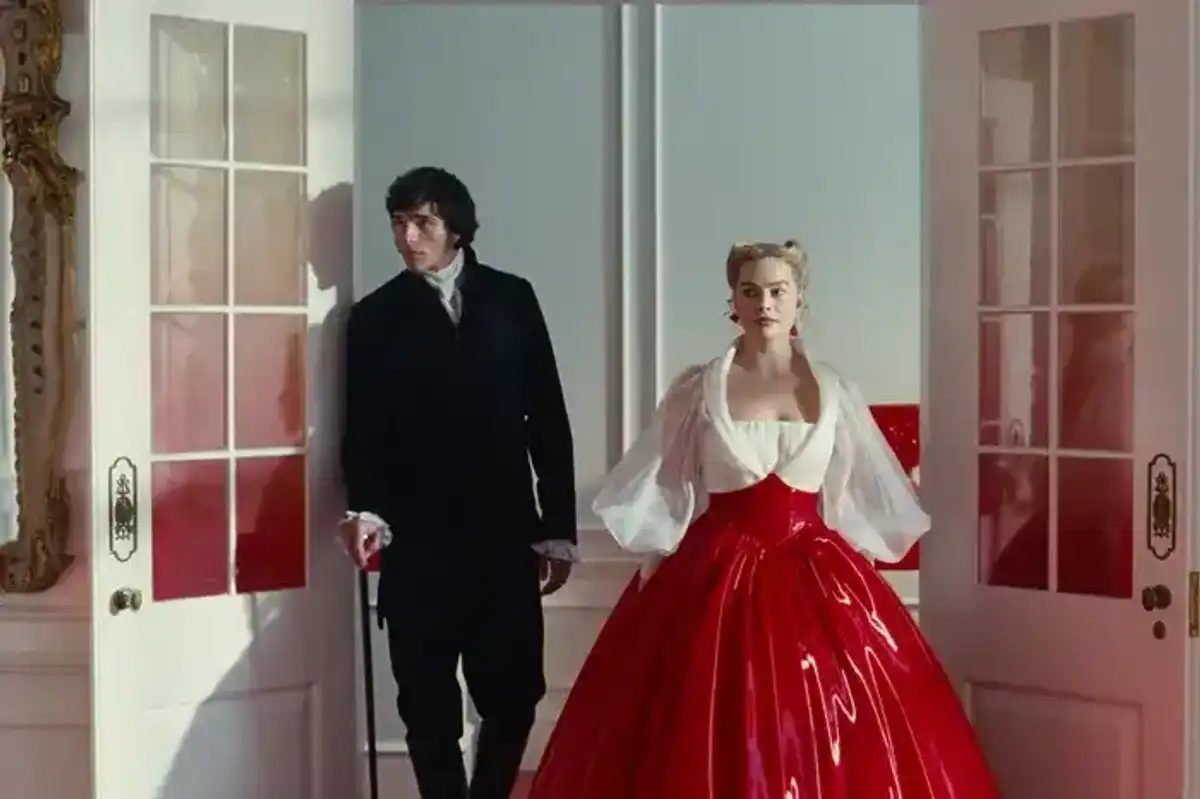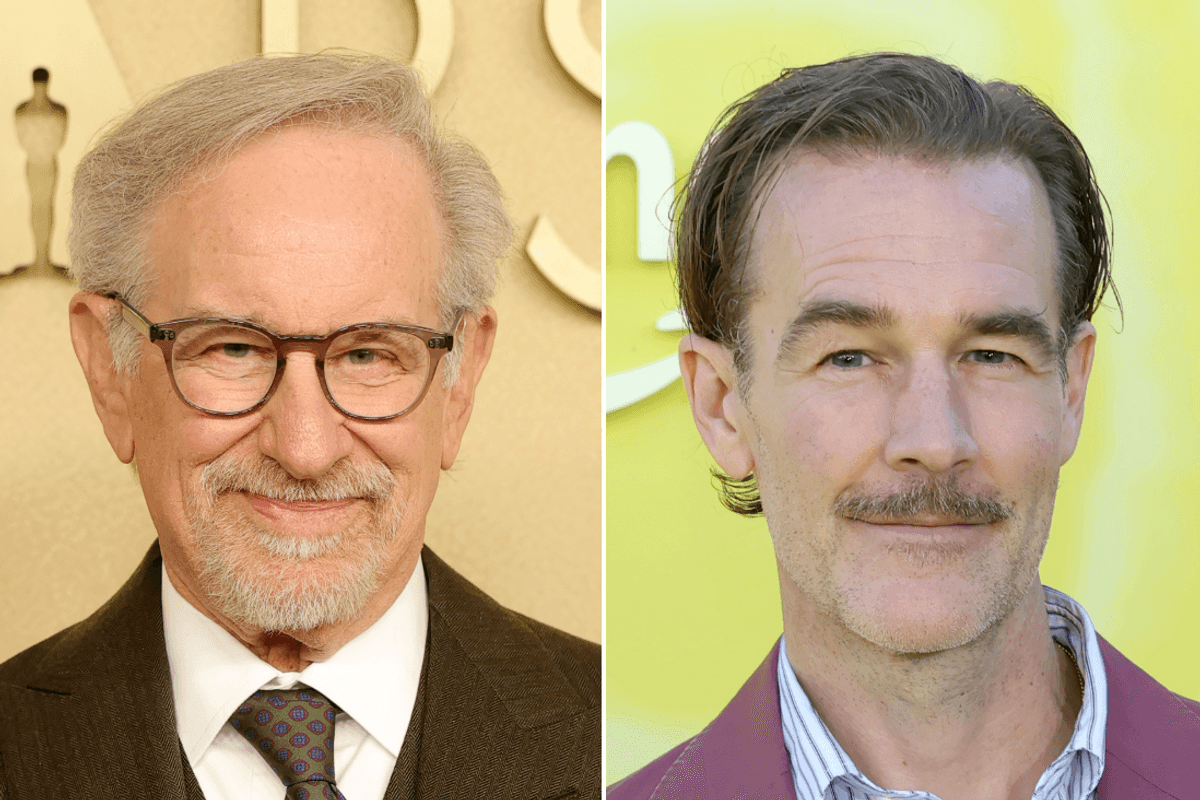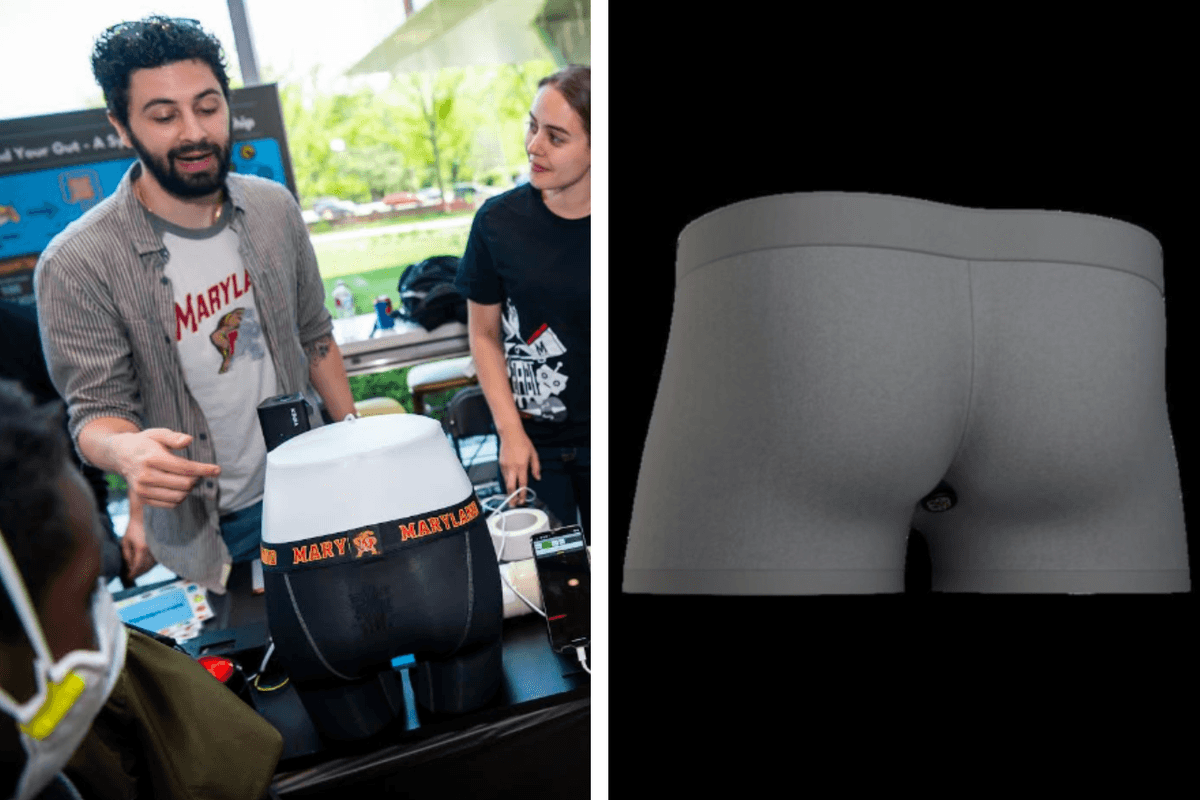News
Joanna Taylor
May 21, 2020

iStock/indy100
It's Mental Health Awareness Week in the UK and although lockdown measures means that shops are closed, that hasn't stopped corporations from trying to profit from it.
Discussing how best to look after our mental health has a particular urgency this year, with thousands of people in the UK facing bereavement, job losses and sudden changes to their support structures and daily routines.
So why are brands like Pretty Little Thing and Bare Biology running Mental Health Awareness Week promotions while only paying lip service to its intended purpose?
Fast Fashion company Pretty Little Thing's promotion promises customers the chance to win a 'Pretty Little Parcel' if they tweet using a particular hashtag. This, they say, is their "act of kindness" for Mental Health Awareness Week, the theme of which this year is, indeed, kindness.
Perplexed as to what exactly the connection was between their brand and mental health, I looked to their website for clues. While I couldn't find any more information about this particular promotion, I did find a couple of blog posts about mental health and T-shirts being sold to raise money for YoungMindsUK.
According to Pretty Little Thing, the best ways to practice self-care are to download a wellness app, read a book, listen to music or a podcast, or take a walk. Is it a coincidence that almost all of these tips involve using products or media?
'Self-care' began as a term used by mental health professionals to refer to doing everyday activities like showering or exercising that can feel arduous when suffering from a condition like depression. Now, in the mainstream at least, the term has largely been commodified, and is used to advertise everything from candles to jewellery to essential oils.
A scan of #MentalHealthAwarenessWeek on Twitter and Instagram reveals numerous examples.
For instance, Brighton-based health supplement business Bare Biology is offering customers the chance to win a year's supply of "mindful capsules" in honour of Mental Health Awareness Week. The omega 3 fish oil tablet giveaway is also being advertised by influencers like Chloe Manlay.
Elsewhere, Noveau Lashes sent out eyebrow palettes at the cost of shipping to 100 of their customers, again because "#KindnessMatters".
The trend here is that mental health and 'self-care' are the remit of health and beauty brands, primarily targeting young white women.
I spoke to one woman running a series of "self-care giveaways" on Instagram to try to understand the connection between Mental Health Awareness Week and the products she was offering, which included body wash, candles, diffusers and a necklace that says 'Be Kind'.
Amber Zoe was gifted the products, and decided to give them away to raise the profiles of the small businesses that produced them.
She says:
During this lockdown, mental health is taking a dip more than ever in people due to staying at home, being furloughed, not seeing families and all of the other strains that are coming from the current situation.
I decided that because of this I would theme the giveaway as self-care and include products that make you feel good, such as candles and pyjamas.
Pretty Little Thing, Bare Biology, Noveau Lashes and Chloe Manlay have all also been contacted for comment.
Although the products Amber Zoe gave away are only loosely tied to self-care, she did not profit from her giveaway and, besides, if a little material indulgence here and there makes you feel good then there's nothing terribly wrong with that.
But the proliferation of posts like hers online build up a picture of mental health that centralises product placement and images of middle-class white women.
When I scrolled through the top 50 Instagram posts under the hashtag #MentalHealthAwarenessWeek, 25 of them were photos of slim white women; 9 were in gym clothes. There were 2 men and lots of platitudes on colourful backgrounds, but no one who wasn't white.
This isn't just a reflection of who happens to post on Instagram. In fact, 48 per cent of Instagram users are men, and searching for 'recent' rather than 'top' #MentalHealthAwarenessWeek posts gave me a much more varied view of who was posting.
Central to the very point of raising awareness about mental health is recognising the fact that some particular, and often marginalised, groups are most likely to encounter mental health problems and often have the least access to support.
According to the Mental Health Foundation, which runs the Awareness Week campaign, the groups which experience the highest prevalence of mental health problems include BAME and LGBTQ+ people, refugees and asylum seekers, homeless people and people with physical disabilities.
Similarly, while it is no doubt a good thing to normalise talking about your mental health even if you don't suffer from a particular problem, "raising awareness" should mean we recognise lesser talked about conditions like OCD, bipolar disorder and addiction.
It is often said that the UK is facing a mental health crisis, and indeed the waiting time to see an NHS specialist even without the added strain a pandemic often exceeds eight weeks. The NHS is also up against funding cuts to mental health services, particularly from Theresa May, who once said that the real problem was "more about stigma" than money.
Taking this into account, companies flogging their products in the name of mental health awareness seems feeble at best, and exploitative at worst. With an absence of quickly accessible and free mental health services, fads and gimmicks are all too enticing.
Dr Andrew Mayers, principle academic in psychology at Bournemouth University and Patron for Dorset Mind told me:
While campaigns like Mental Health Awareness Week are useful, there is a danger we lose the focus soon after, or they can be hijacked simply for commercial purposes. Mental health is something we should prioritise every day of the year.
But Dr David Crepaz-Keay, head of empowerment and social inclusion at the Mental Health Foundation defended companies running Mental Health Awareness Week promotions, describing them as a "positive thing".
The aim is to raise awareness of mental health and mental health problems and promote the message of good mental health for all so it is a positive thing to see that people want to associate their product or brand with mental health and this shows it's no longer the taboo subject it used to be.
It is important that we don't trivialise issues that significantly affect people's lives, but most conversations about mental health are better than none at all.
There are lots of ways to look after your mental health that don't involve spending money.
Stephen Buckley, head of information at Mind charity, shared some of his free tips on how to look after your mental health including "regular physical activity" either in or outside your home, reaching out to other people and maintaining a healthy diet.
He also pointed to Mind's online peer support community, which provides a "safe, moderated platform for anyone aged 18 or over with a mental health problem" to talk to people going through similar experiences.
Campaigns like Mental Health Awareness Week can be incredibly helpful, but are all too often co-opted by corporations. Pride festivals and feminism have, of course, experienced similar issues when breaking into the mainstream.
Whilst it's important for us all to open up conversations about mental health and discuss treatments, mental health relief should never simply become a selling point or a commodity that only few can afford.
Top 100
The Conversation (0)













